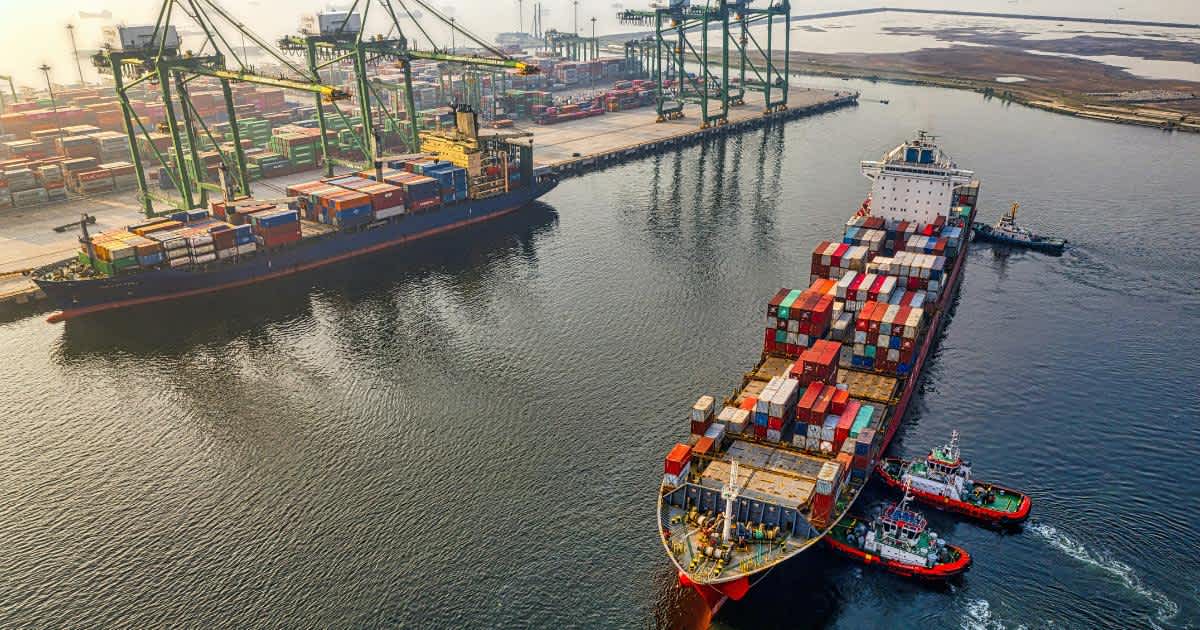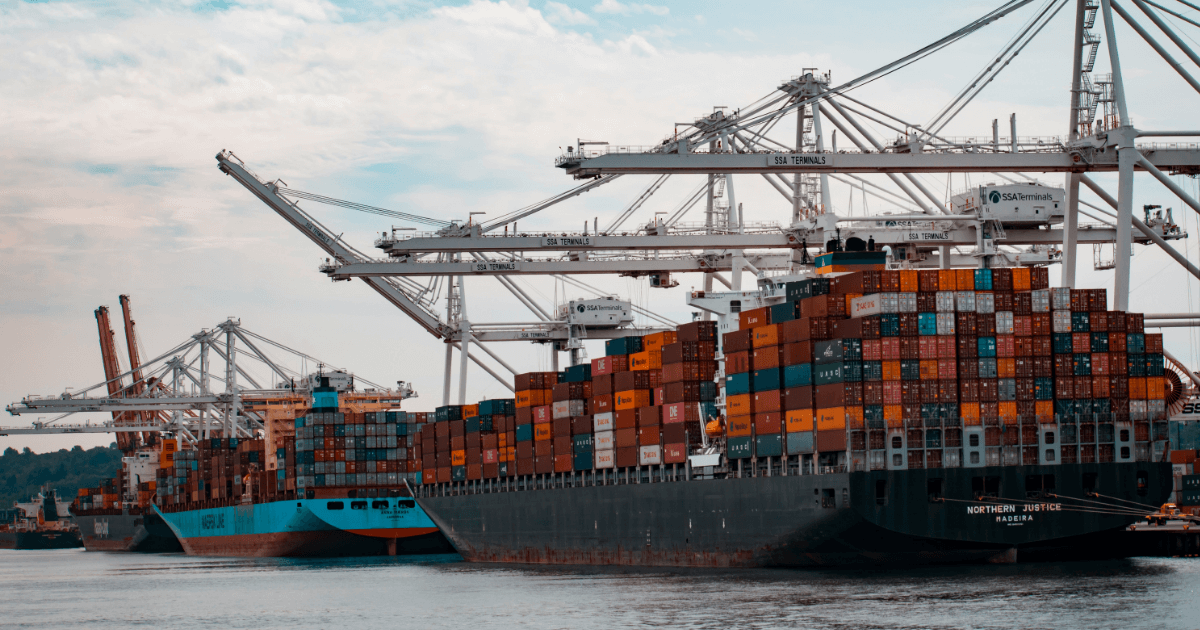Sourcing-methods for your procurement
Reading Time: 7 min.

Basics of sourcing: definition and importance in the procurement process
Sourcing is the strategic procurement process of products, services and resources in the procurement industry. It involves identifying potential suppliers, evaluating their performance and negotiating prices and contract terms. The aim is to procure high-quality products at competitive prices and create long-term value. The challenge lies in selecting the right suppliers through thorough market research and analysis. Effective communication and collaboration with suppliers is crucial for success. Efficient sourcing can reduce costs, optimize operational processes and strengthen competitiveness.
The crucial role of different sourcing methods for modern procurement strategies
The importance of different sourcing methods in the current procurement industry is very high. They offer key benefits such as risk management and greater supply chain resilience, which is essential in times of dynamic market changes. They also enable cost optimization through flexible strategies, improve quality control and promote innovation through close collaboration with different suppliers. The use of different sourcing strategies gives companies market and supplier flexibility, allowing them to adapt quickly to changing market conditions. In addition, they provide access to specialized expertise and support sustainable and ethical sourcing practices. In short, effective sourcing is a key factor for business success as it strengthens competitiveness, increases efficiency and contributes to long-term sustainability.
Overview of different sourcing methods
1.Outsourcing
Outsourcing is a sourcing method in which certain business processes or functions are outsourced to external service providers. This allows companies to focus on their core competencies while benefiting from cost savings and access to specialized expertise. Outsourcing can increase efficiency and enable companies to use resources more effectively.
2.Single sourcing
Single sourcing means that a company obtains all its required products or services from a single supplier. This method simplifies negotiations and fosters a stronger relationship with the supplier, which can lead to better terms and prices with higher order volumes. Although it can increase the risk of supply bottlenecks, single sourcing offers significant benefits through closer collaboration.
3.Multiple sourcing
With multiple sourcing, a company procures its products or services from several suppliers. This diversification helps to minimize risks that can arise from supply bottlenecks or quality problems with a single supplier. In addition, multiple sourcing increases competition among suppliers, which can lead to better prices and conditions.
4.Strategic partnerships
Strategic partnerships are long-term agreements between companies and their suppliers that go beyond the traditional buyer-seller relationship. These partnerships focus on common goals, innovation and quality improvements. Close cooperation and mutual exchange promote flexibility and support on both sides.
5.Framework agreements
Master agreements are agreements between a company and a supplier that set the terms for future transactions in advance. These contracts simplify procurement processes by eliminating the need for repeated negotiations for each order while providing clear contract terms and potential price advantages.
6.Global sourcing
Global sourcing extends procurement activities to international markets and allows companies to source products from suppliers around the world. This method provides access to a broader pool of suppliers, potentially lower costs and the ability to leverage specialized skills and materials available in other countries.
7.Dual sourcing
Dual sourcing is the strategy of sourcing products or services from two different suppliers in order to strengthen supply chain resilience. This method reduces the risk of bottlenecks and promotes competition between the two suppliers, which can lead to improvements in price and quality.
8.Modular sourcing
Modular sourcing refers to the procurement of specific modules or components of a product from different suppliers. This method allows companies to utilize the specific capabilities and flexibility of different suppliers, which can lead to more efficient production and a reduction in the risk of bottlenecks.
Sourcing method | Advantages | Disadvantages |
|---|---|---|
Outsourcing | Cost savings, Concentration on core competencies, access to specialized expertise | Dependence on service providers |
Single Sourcing | Simple negotiations, better relationship management, lower prices with higher order volumes | Risk of supply bottlenecks, less negotiating power |
Multiple Sourcing | Risk minimization, diversification, competition leads to better prices | Higher administrative costs, more complex logistics |
Strategic partnership | Innovation and improved quality, flexibility, mutual support | Long-term commitment, less flexibility when changing supplier |
Framework agreements | Simplified procurement processes, clear contract terms, price advantages | Less flexibility in the event of market changes, commitment to specific conditions |
Global Sourcing | Access to a broad pool of suppliers, lower costs, use of specialized skills | Risks due to geopolitical factors, cultural and language barriers |
Dual Sourcing | Reduction of the risk of bottlenecks, competition between suppliers | Higher costs than with single sourcing, management of two supplier relationships |
Modular Sourcing | Use of the capabilities of different suppliers, flexibility in product adaptations, risk reduction | Coordination effort between different suppliers, integration of modules |
Optimize your sourcing strategy with Line Up
Choosing the right sourcing method is crucial to the success of your business. At Line Up, we not only offer you sound advice on the various sourcing methods, but also support you in identifying and implementing the right strategy for your business. Our experts specialize in optimizing procurement processes and help you strengthen your competitiveness through effective sourcing. Contact us to find out more about our services and how we can help you achieve your sourcing goals.
Read more about the procurement process at Line Up in our FAQs.
Newsletter Registration
Sign up now for our free Line Up newsletter and stay up to date.




